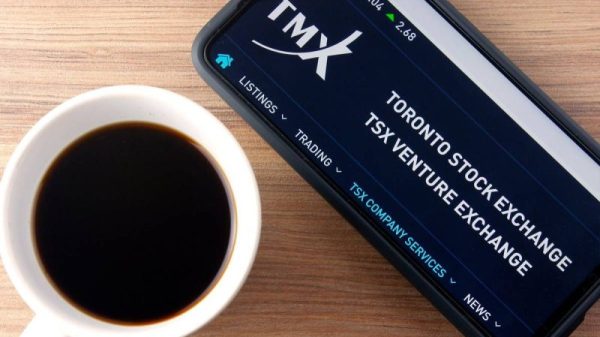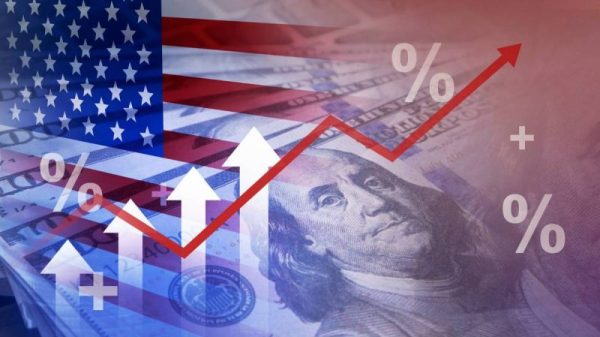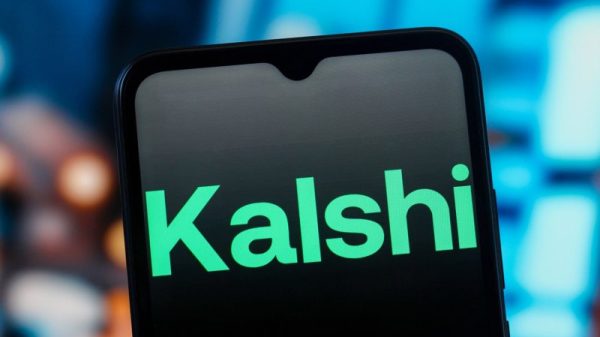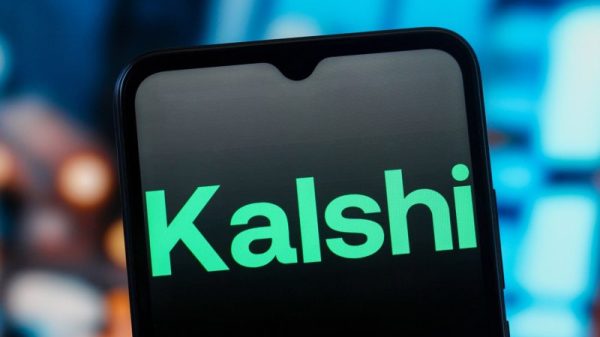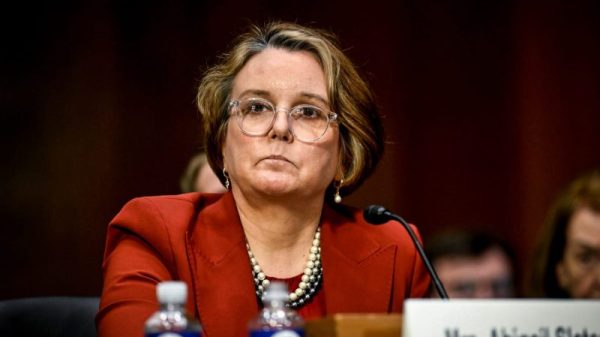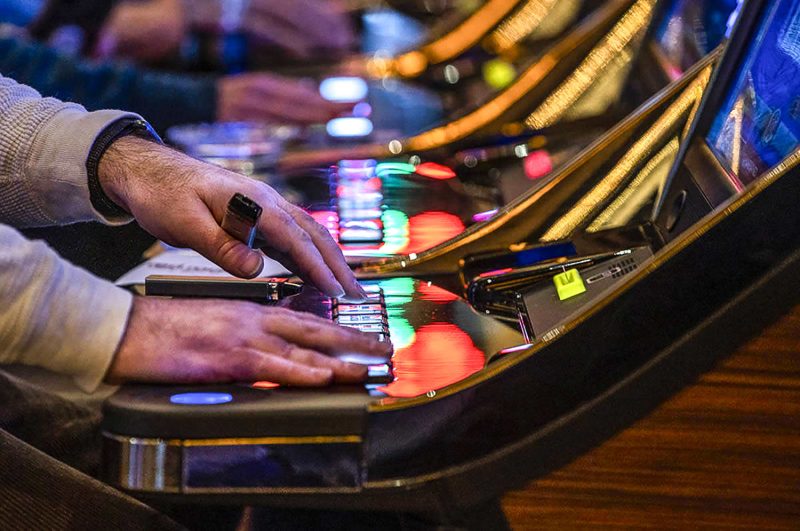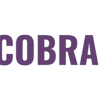A new strategy has emerged in the battle to ban smoking in casinos: the shareholder vote.
Shareholders at Boyd Gaming, Bally’s Entertainment and Caesars Entertainment will put on the ballot at the respective casino companies proposals to force them to study the costs associated with permitting smoking indoors — and whether going smoke-free could save money.
The proposals are sponsored by Trinity Health, a nonprofit health care network, and the Americans for Nonsmokers’ Rights Foundation. Trinity Health, based in Livonia, Michigan, has used its shareholder status to fight for various health initiatives despite the fact that it owns just a tiny fraction of these companies. For example, public records show Trinity owns just 440 shares of Bally’s stock, or about 0.001% of the company.
Boyd, Bally’s and Caesars fought to keep the proposals out of the proxy materials distributed to shareholders. The Securities and Exchange Commission denied the casinos’ requests, and the proposals as well as the rationale behind them were delivered to all shareholders.
Boyd will face a vote over a smoke-free assessment at its annual shareholder meeting Thursday. Bally’s holds its annual meeting on May 16, and Caesars will follow with its own meeting, likely in June.
The three companies collectively operate 75 U.S. casinos that permit indoor smoking, where state law allows. About 14 states permit indoor smoking in commercial casinos.
States like Nevada and New Jersey have prohibited indoor smoking more broadly but carved out exceptions for casinos. Legislation to end indoor smoking at casinos is in various stages in several states across the country, including New Jersey, Pennsylvania and Rhode Island.
Advocates for smoking bans point to research by C3 Gaming that concluded smoke-free casinos generate more revenue and outperform competitors that allow smoking.
Proposal sponsors argue shareholders should know how much casinos pay in higher health insurance premiums for employees, greater maintenance costs and keeping away customers who hate the smoke.
In its proxy, Boyd argues it’s seen a negative impact in states that banned indoor smoking. It argues these decisions are best left up to the properties to follow local trends and says if shareholders succeed in implementing a ban (which Boyd claims is the true goal in forcing an assessment), the company will lose customers to competitors who continue to allow smoking.
Caesars board member Jan Jones Blackhurst said Wednesday at the SBC Summit North America, an online gaming conference, that she believes the decision of whether to ban smoking in casinos should be left up to governments. She pointed out that experience has shown that smoke-free casinos can take an economic hit.
“Generally, if you look across the United States, when casinos prohibit smoking, revenues fall anywhere from 20% to 25%, which also then have a huge layoff factor with people starting to lose their jobs,” she said.
Unions are mixed in their responses. While some worry about the potential of job losses, the United Auto Workers, which represents more than 10,000 table game dealers across the country, has ramped up its efforts in the fight against in-casino smoking, citing secondhand exposure for employees.
The Centers for Disease Control and Prevention says “no amount of exposure to secondhand smoke is safe and the only way to fully protect nonsmokers from secondhand smoke is through 100% smoke free indoor air environments.”
The U.S. surgeon general says that many common practices found in casinos such as separating smoking versus non-smoking sections, cleaning the air and ventilating buildings are not effective protections against secondhand smoke.
Casino operator Parx, which runs locations in Pennsylvania, decided to stay smoke-free during the Covid pandemic at its property in Bensalem, north of Philadelphia. It competes with four other local casinos that allow smoking indoors but said it hasn’t seen its market share suffer.
“Financially, we know we’ve lost some customers, but we also know we’ve gained some customers. We don’t think we’ve seen a significant impact either way,” Parx spokesperson Marc Oppenheimer told CNBC.
Instead, the company said it focuses on guest satisfaction scores and surveys that indicate a boost to employee morale.
In Las Vegas, MGM Resorts opened the first casino resort on the Strip to prohibit indoor smoking and even smoking on the pool deck. On its website, the property declares, “Here at Park MGM, we’re not afraid to be different and, as you may have noticed, we’re all about what’s fresh. Now, that includes the air you breathe.”
For now, Park MGM is the exception, but smoke-free advocates hope soon, it’ll be the rule.







